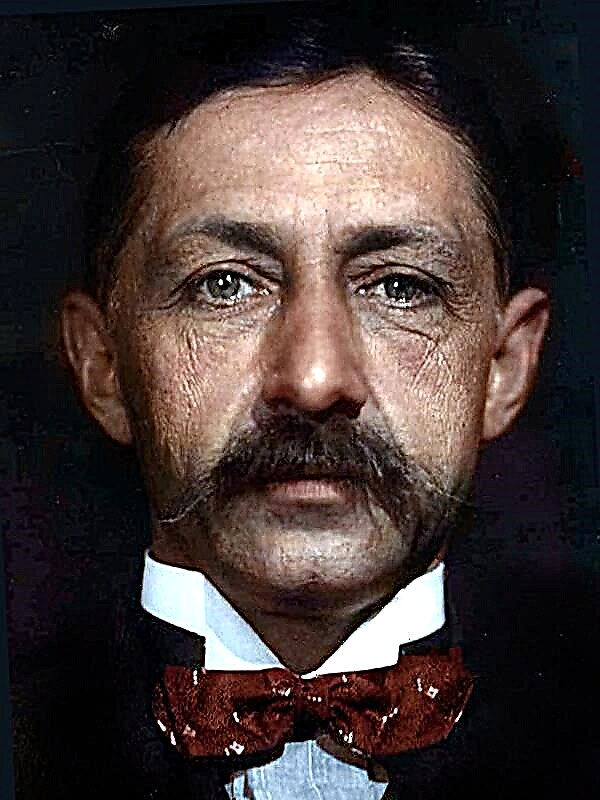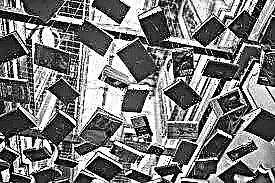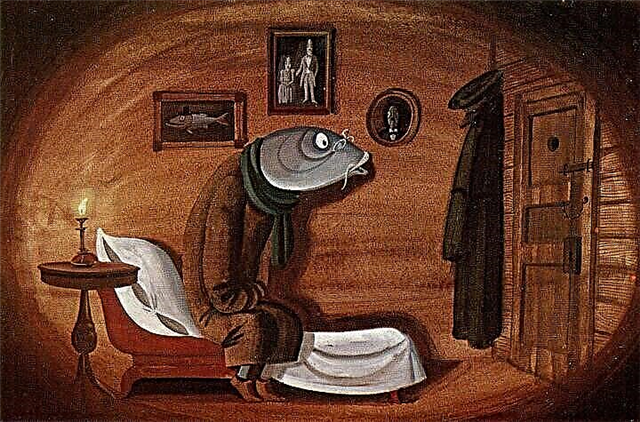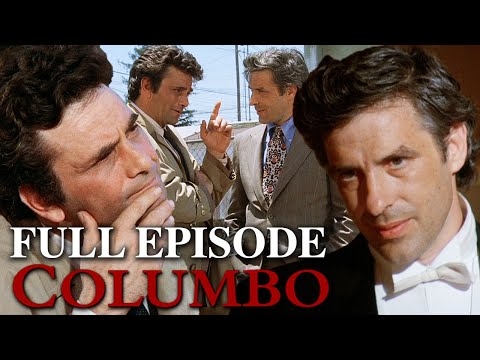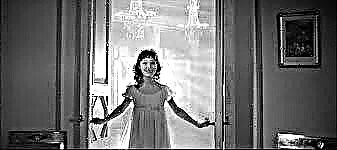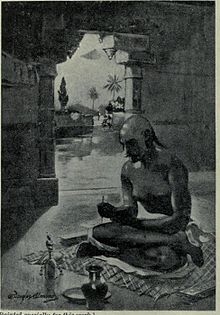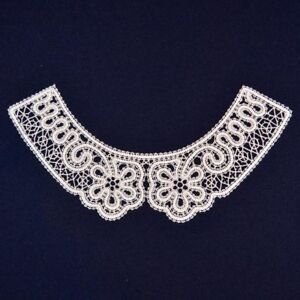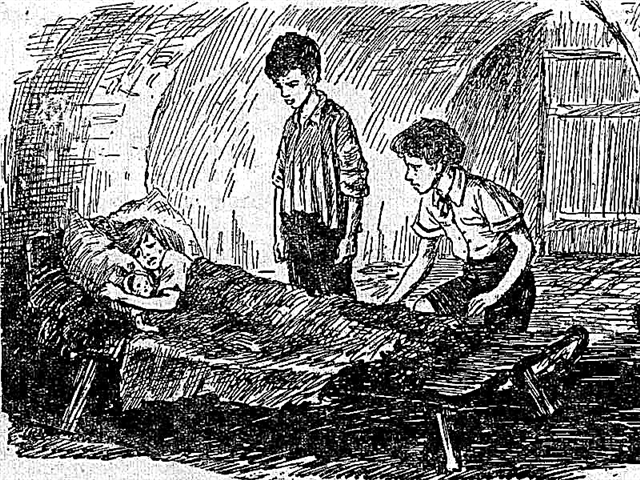(376 words) Pushkin in his novel "Eugene Onegin" depicts the metropolitan and local nobility, identifying similar and different features. In this analysis, we really see the encyclopedia of Russian life, about which V. Belinsky wrote.
Let's start with the metropolitan nobility. The author notes that the life of Petersburg is "monotonous and motley." This is a late awakening, "little notes" with invitations to a ball, an evening party or a children's holiday. The hero is reluctant to choose any kind of entertainment, then takes care of his appearance and goes on a visit. That is how almost the entire noble society of St. Petersburg spends time. Here people are accustomed to the external splendor, take care to be considered cultural and educated, therefore they devote a lot of time to talking about philosophy, literature, but in reality their culture is only superficial. For example, visiting a theater in St. Petersburg has been turned into a ritual. Onegin comes to the ballet, although he is not at all interested in what is happening on the stage. As for spiritual life, Tatyana in the finale calls secular life a masquerade. The nobility in the capital lives only with simulated feelings.
In Moscow, according to the author, there are fewer claims for high European culture. In chapter 7 he does not mention either theater, literature, or philosophy. But here you can hear a lot of gossip. Everyone discusses each other, but at the same time, all conversations are conducted within the framework of the adopted rules, so you will not hear a single living word in the secular living room. The author also notes that representatives of Moscow society do not change over time: "Everything is whitened by Lukerya Lvov, everything is also lying by Lyubov Petrovna." The absence of change means that these people do not live for real, but only exist.
Local nobility is depicted in connection with the village life of Onegin and the life of the Larin family. The landowners in the perception of the author are simple and kind people. They live in unity with nature. They are close to folk traditions and customs. For example, the Larins family is said: "They kept in the life of the peaceful habit of sweet antiquity." The author writes about them with a warmer feeling than about the capital's nobles, since life in the village is more natural. They are easy to communicate, able to be friends. However, Pushkin does not idealize them. First of all, landowners are far from high culture. They practically do not read books. For example, Onegin’s uncle read only the calendar, Tatyana’s father didn’t like to read at all, however, he “didn’t see any harm in books”, so he allowed his daughter to get involved in them.
Thus, the landowners in the image of Pushkin are good-natured, natural, but not too developed, and the courtiers appear false, hypocritical, idle, but a little more educated noblemen.

